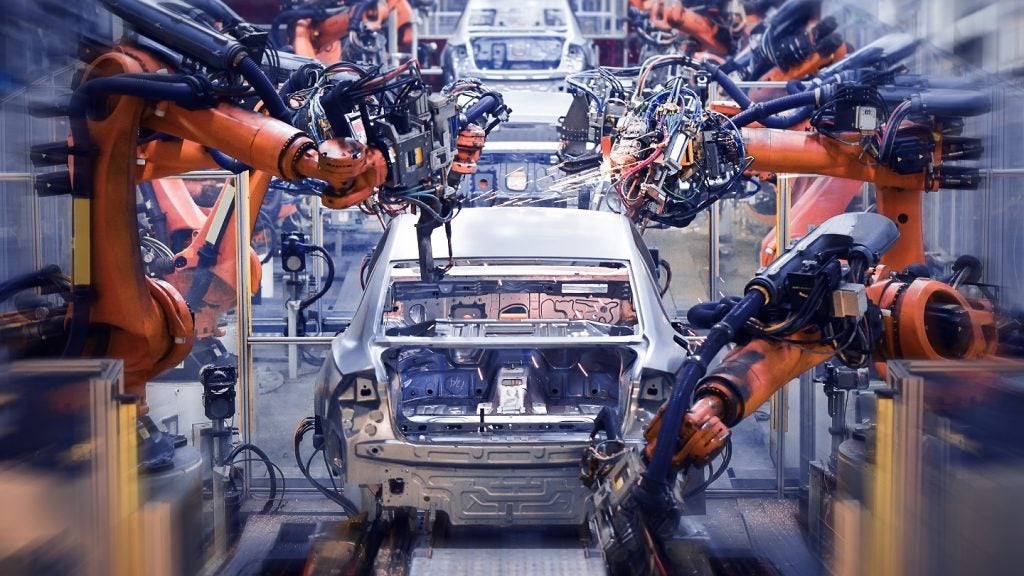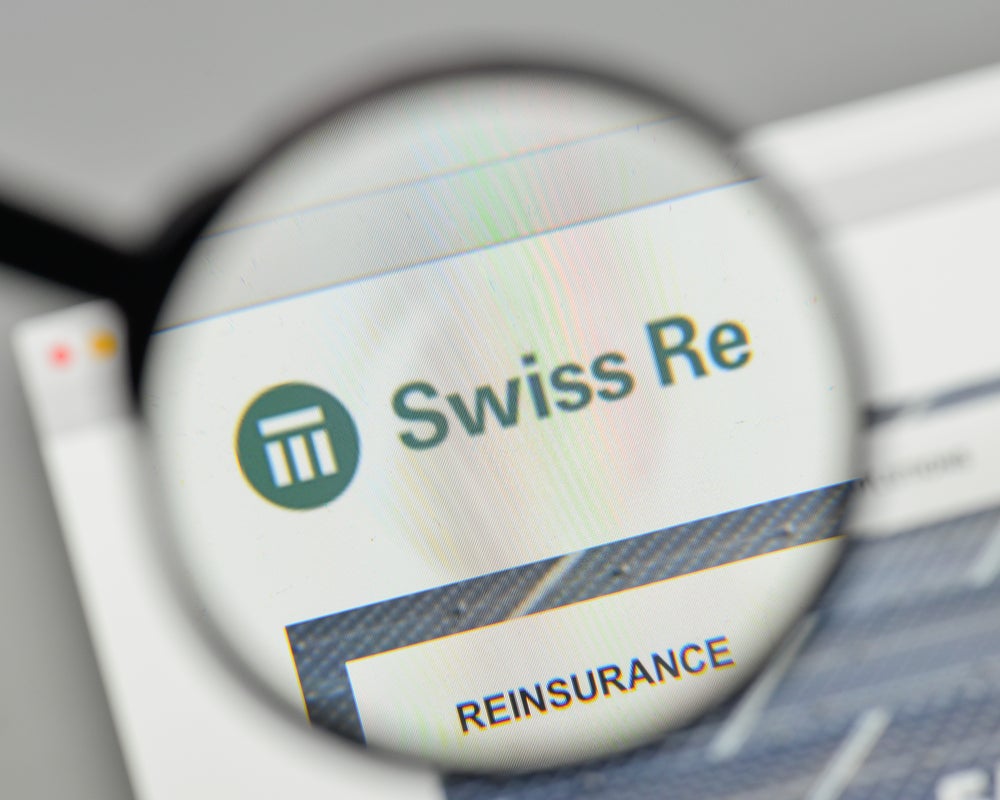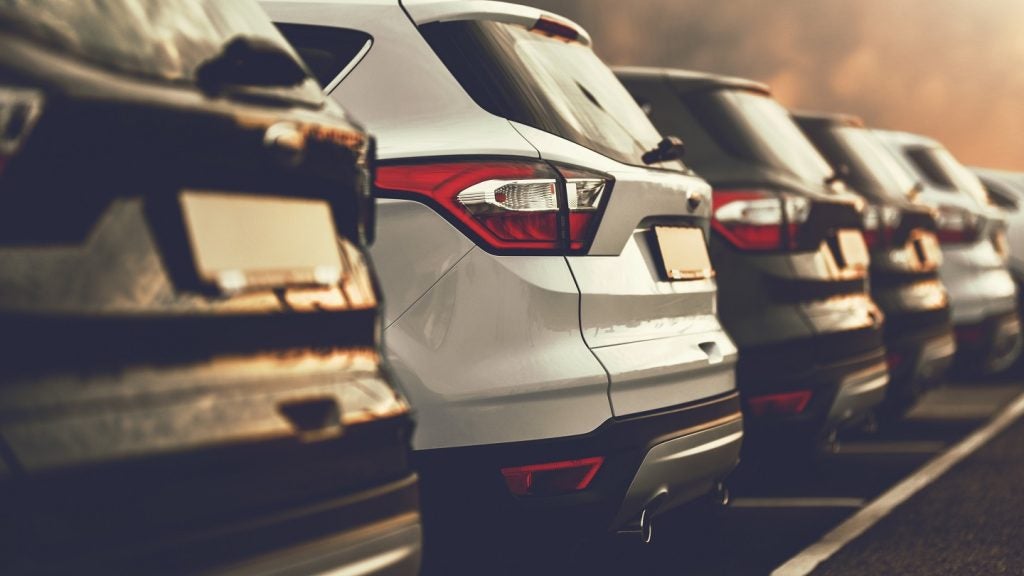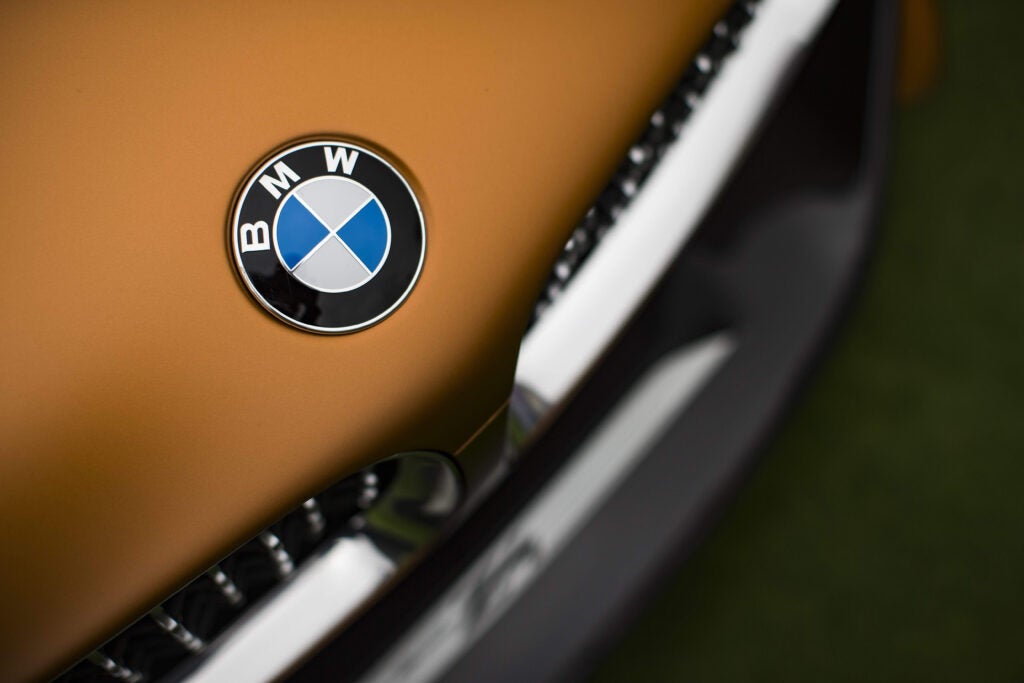The last Budget introduced some of the biggest changes to
company car taxation in over a decade, says John Lewis.
The 2008 Budget has shown that the government’s gloves are off
when it comes to tackling the environmental impact of the UK’s four
million company cars. The changes announced by Chancellor Alistair
Darling mean that all motoring taxes now give businesses an
incentive to switch to low emission, and therefore more fuel
efficient, vehicles. They have major cost repercussions for fleet
managers and give a real financial incentive for those switching to
lower-emission cars.
Organisations that choose cleaner vehicles will now be improving
their balance sheet as well as their corporate social
responsibility (CSR) credentials. The Energy Saving Trust estimates
that British businesses could save £2.6bn by switching to greener
fleets.
However, the changes announced in the last Budget also
represented another key government agenda – reducing red tape. The
Chancellor has responded to calls from the BVRLA and other business
organisations to simplify company car accounting.
What is changing?
The current capital allowance scheme for business cars is being
scrapped in favour of an all-new system for new cars registered
from April 1, 2009.
How well do you really know your competitors?
Access the most comprehensive Company Profiles on the market, powered by GlobalData. Save hours of research. Gain competitive edge.

Thank you!
Your download email will arrive shortly
Not ready to buy yet? Download a free sample
We are confident about the unique quality of our Company Profiles. However, we want you to make the most beneficial decision for your business, so we offer a free sample that you can download by submitting the below form
By GlobalDataCapital allowances allow companies to offset the cost of items
used for their business against their tax bill. The changes will
affect companies who buy vehicles outright and fleets that lease
their company cars.
Currently, capital allowances on company cars work in two ways,
with vehicles under £12,000 written down in a general pool, at 25
per cent on a reducing basis. Those of £12,000 and over are treated
individually and their annual writing down allowance is capped at
£3,000. However, for these cars a balancing adjustment can be made
in the year of disposal. This effectively means that full
tax-relief is given for any depreciation suffered during the period
of ownership.
Firms leasing cars can claim the full cost of leasing against
tax for cars costing up to £12,000. After this, the proportion of
the rental cost that can be claimed falls as the value of the car
increases. For example, a company can claim 80 per cent of the
rental cost of a £20,000 car, but only 75 per cent of the rental
cost of a £24,000 one. This is called the lease rental restriction
(LRR).
The emissions incentive
From April 2009, a CO2 emissions threshold of 160g/km replaces
the £12,000 ‘expensive car’ benchmark used at present. This
emissions-based breakpoint will be used to encourage businesses to
choose cleaner cars.
Cars registered from April 1 2009 with CO2 emissions above
160g/km will enter a new depreciation pool and receive a 10 per
cent writing down allowance, while those at or below 160g/km will
sit in the general 20 per cent pool. In effect this means that
organisations buying a vehicle emitting 160g/km or below outright
will be able to offset twice as much of the cost of its
depreciation against their corporation tax bill. The creation of
the 10 per cent reducing balance pool means that there will be no
balancing adjustment available for any cars, regardless of their
emissions.
There is an even greater incentive for firms able to operate
cars that emit less than 110g/km of CO2. The government has said
that, until 2013, it will allow companies to write off the full
cost of these cars in the first year.
The government has decided to eliminate the LRR for cleaner
cars, meaning that from next April, companies will be able to
offset 100 per cent of their leasing payments against their tax
bill if a vehicle is below the 160g/km threshold, irrespective of
its capital cost.
The LRR will remain for cars emitting more than this threshold
but will be fixed at a standard rate of 15 per cent, meaning
organisations will only be able to claim 85 per cent of the
financial element of their rental.
The big picture
It is clear that the tax changes coming into effect from next
April will have a major impact on nearly every corporate fleet. The
partial abolition and simplification of the lease rental
restriction, which the BVRLA has long argued for, makes leasing a
car below 160g/km cheaper in all cases. Meanwhile, the new 15 per
cent restriction for all vehicles over 160g/km could actually make
some top-end executive cars cheaper to lease as well.
However, tax is just part of the whole life costs of a car fleet
(others include depreciation, running costs and financing) and any
organisation should always endeavour to obtain some professional
advice or use modelling software to determine whether it should buy
or lease company cars, and which models it should offer.
The author is director general of the BVRLA
Motor Finance Issue: 45 – July 08
by
John Lewis , Director general
Published for the web: July 25 08 10:16
Last Updated: August 5 08 9:42







